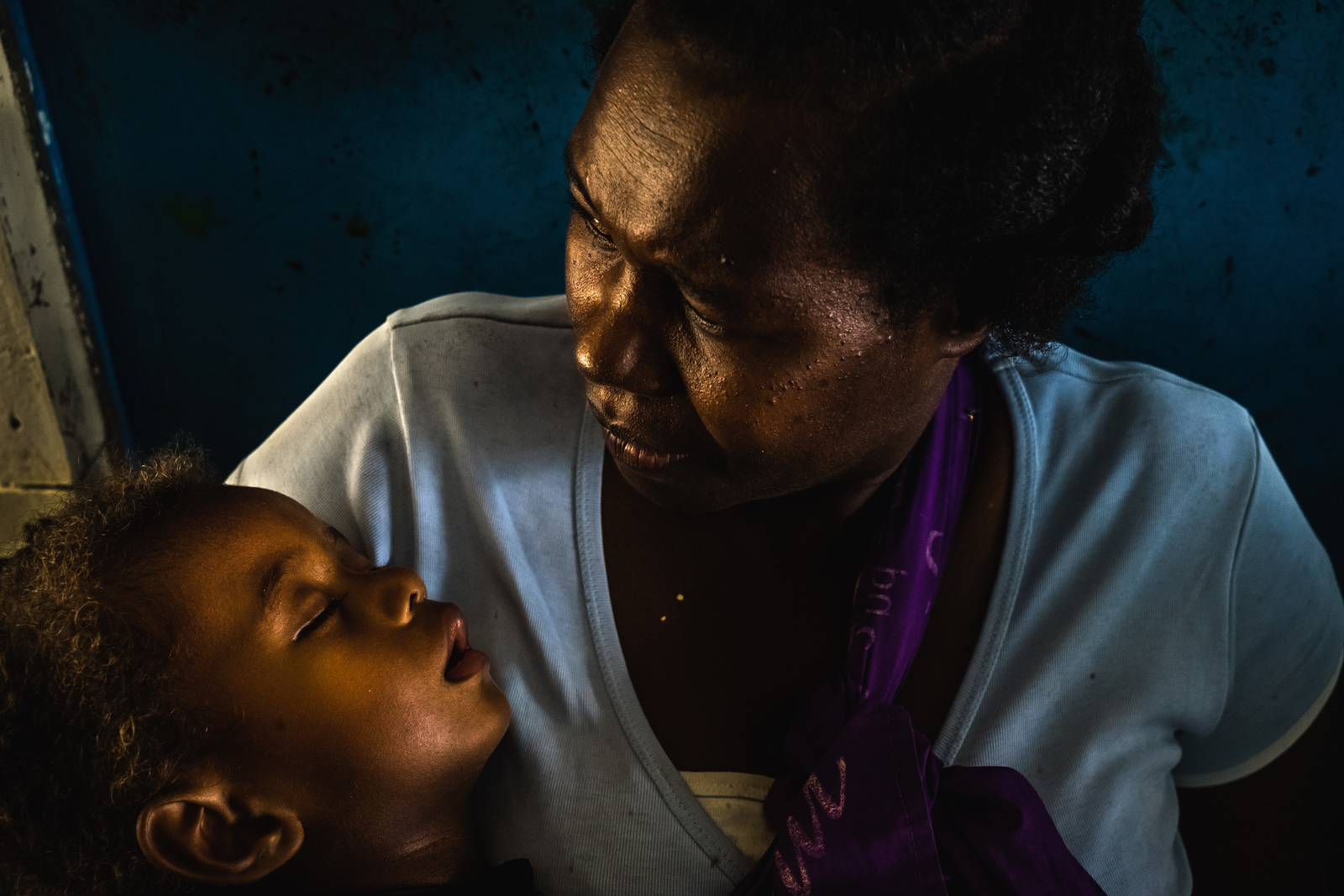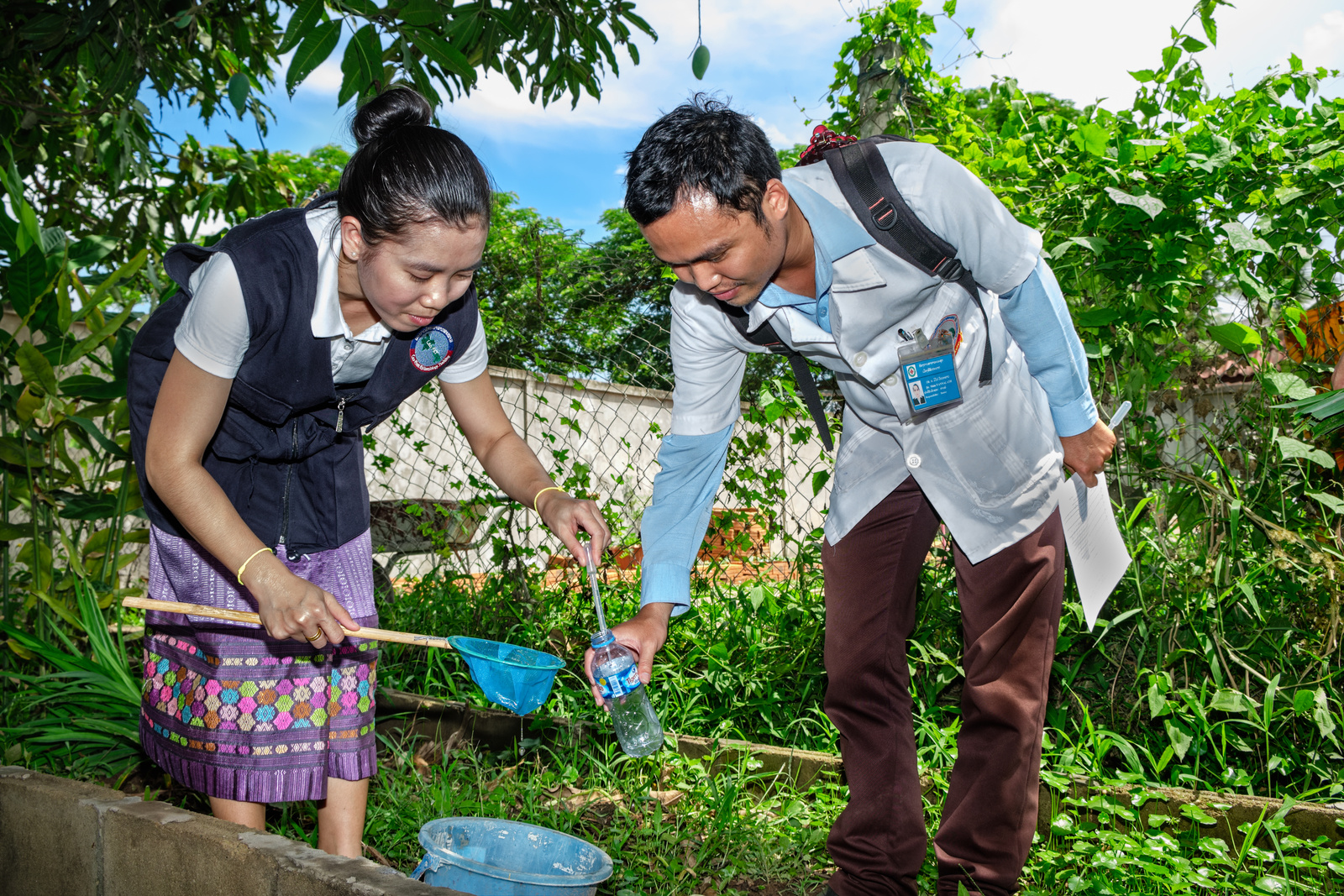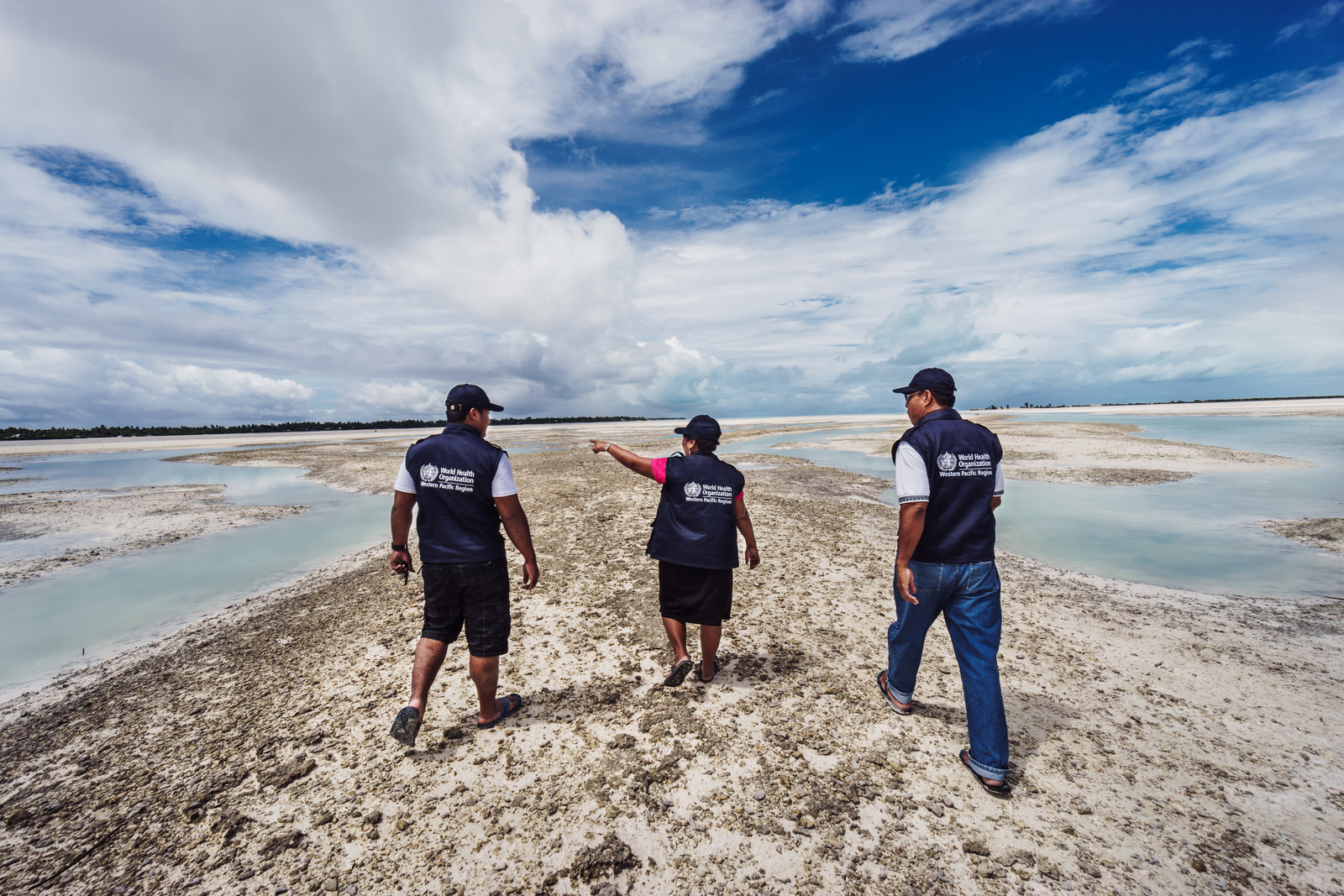
Surveillance in emergencies
The Western Pacific Region, being the most diverse region in the World, is beset by unique public health challenges and is considered a hotspot for outbreaks and emerging and re-emerging infectious diseases, such as SARS, MERS, avian influenza, Zika and dengue. Currently there are 3 global emergencies affecting the Region:
- COVID-19 (Grade 3 protracted emergency;
- Mpox (Grade 2 protracted emergency) and
- The global dengue situation (Grade 3 emergency).
Public health surveillance is the continuous, systematic collection, analysis and interpretation of health-related data for action. Disease surveillance data serves as the basis for the detection of potential outbreaks for an early warning system to prevent what could become public health emergencies. It enables monitoring and evaluation of the impact of an intervention, helps track progress towards specified goals and clarifies the epidemiology of health issues.
Humanitarian emergencies increase the risk of transmission of infectious diseases and other health conditions, such as severe malnutrition. An effective disease surveillance system is essential to detect disease outbreaks quickly before they spread, cost lives and become difficult to control. Effective surveillance can improve disease outbreak detection in emergency settings, such as in countries in conflict or following a natural disaster.
Related activities
Priority disease surveillance
Archives →Feature stories
All →Epidemic Intelligence from Open Sources (EIOS)
Early detection of public health outbreaks and events saves lives. Epidemic Intelligence from Open Source (EIOS) is a vital tool that enables early detection and assessment of public health threats, in near real time. WHO has trained surveillance experts across countries in the Western Pacific and boosted their capacity to rapidly detect outbreaks, which is a key priority action under the Asia Pacific Health Security Action Framework.
Representatives from Singapore and the Republic of Korea are now members of the EIOS Coordination Group that provides strategic recommendations and advises on activities and priorities.
/teams/regional-emergencies-programme-and-division-of-health-security-and-emergencies-(dse)/health-emergency-information-risk-assessment-(him)/eios-for-web-page-02.png?sfvrsn=9fd29b69_3)
/teams/regional-emergencies-programme-and-division-of-health-security-and-emergencies-(dse)/health-emergency-information-risk-assessment-(him)/eios-for-web-page-03.png?sfvrsn=b7e2896e_3)
/teams/regional-emergencies-programme-and-division-of-health-security-and-emergencies-(dse)/health-emergency-information-risk-assessment-(him)/eios-for-web-page-04.png?sfvrsn=2546a957_3)
/teams/regional-emergencies-programme-and-division-of-health-security-and-emergencies-(dse)/health-emergency-information-risk-assessment-(him)/eios-for-web-page-06.png?sfvrsn=5047e20f_5)
/teams/regional-emergencies-programme-and-division-of-health-security-and-emergencies-(dse)/health-emergency-information-risk-assessment-(him)/eios-for-web-page-07.png?sfvrsn=4f96b9d4_3)
/teams/regional-emergencies-programme-and-division-of-health-security-and-emergencies-(dse)/health-emergency-information-risk-assessment-(him)/eios-for-web-page-08.png?sfvrsn=4f5a5775_3)







